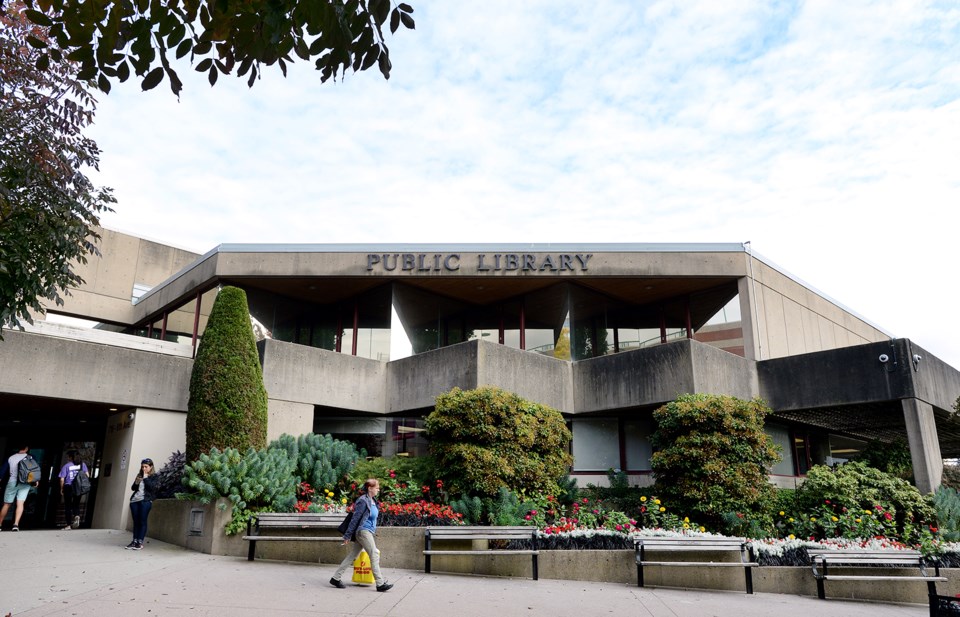Will college pay off?
As deadlines approach to apply to college and university, it’s important to have access to high-quality information. To make an informed decision about where and what to study, here are some resources that high school students, parents, and returning students may find useful.
The Work B.C. website at www.workbc.ca contains the kind of information previously offered through a number of separate reference books, all presented in a dynamic format. This rich resource provides key information regarding financing your education and the employment outlook for major occupations. In addition, you can find descriptions of job duties, average salaries, typical career paths, and more.
Some recent books on higher education also stand out.
Will College Pay Off? by human resources expert Peter Cappelli is a compellingly-written, cool-headed analysis of the decision to invest in further education. While written from an American perspective, the book debunks a number of widespread media narratives about higher education, making this a valuable aid to long-term thinking in uncertain times. Cappelli is particularly surprising on the topic of job-specific programs vs. general degrees.
A related Canadian perspective is on offer in How to Succeed at University (And Get a Great Job!) by Thomas R. Klassen and John Dwyer. The approach of this book is to explain the range of skills that are needed to do well as a student. At the same time, the authors write how mastery of these skills is one of the most valuable assets you can bring to the job market.
Finally, for an additional corrective to anecdotal information, try Lesson Plan by William Bowen and Michael McPherson. Written by two economists and former deans, this concise book takes an unflinching look at the evidence around various problems in higher education, such as affordability, equity, and teaching quality. The authors then explain how a number of these ills are misdiagnosed and suggest how some of the true problems can be overcome.



